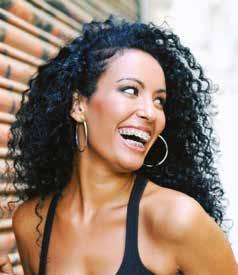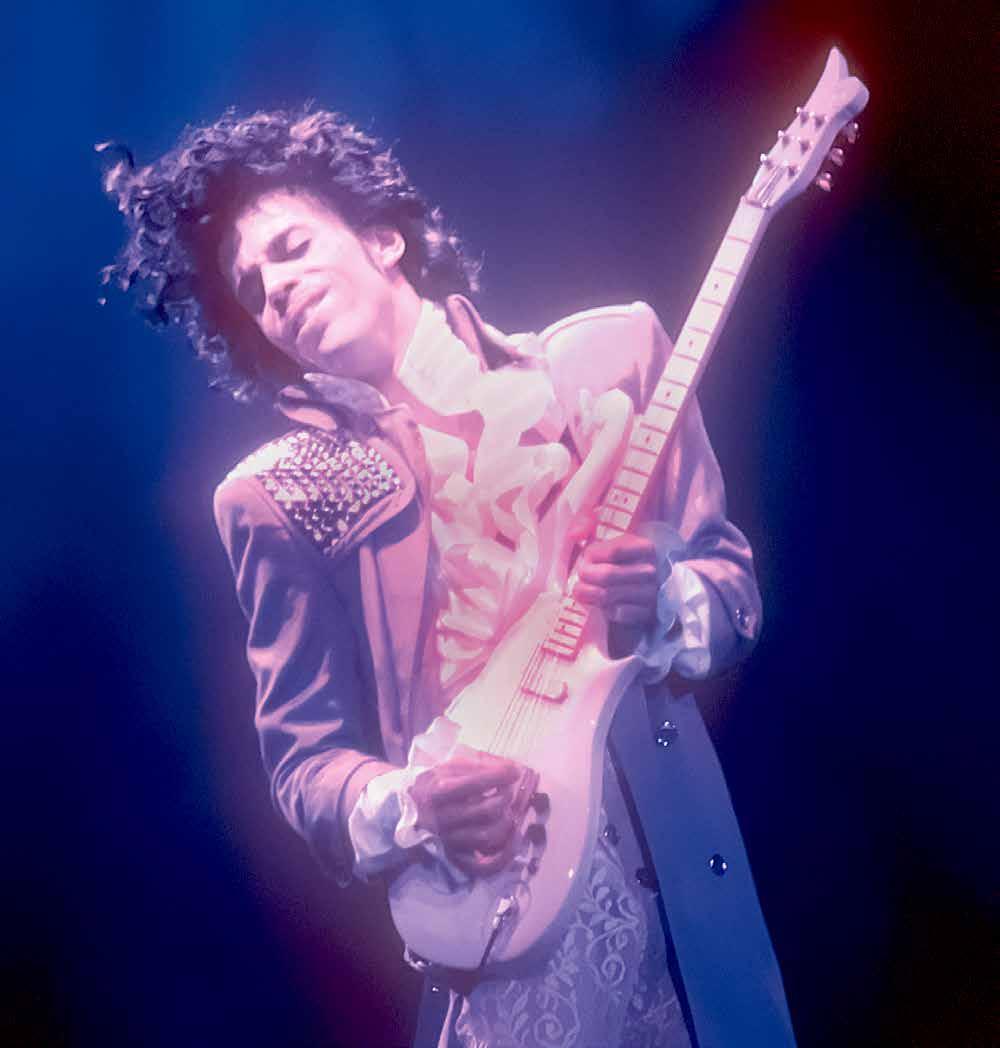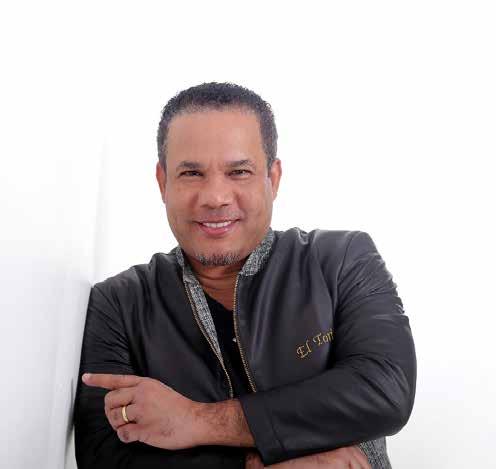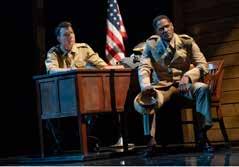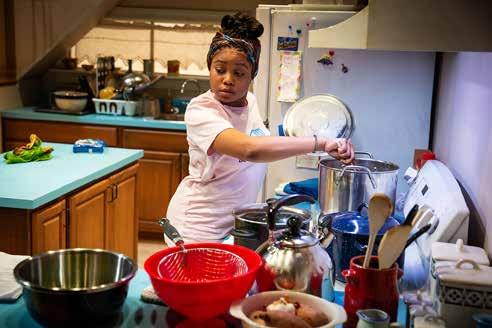
3 minute read
Calendar
Black History Month Celebrations in New York B lack History Month also called African-American History Month kicked off this February at Kent State University in February 1969. The first monthly celebration took place at Kent State at the beginning of the year Richard III, an original play by Carlyle Brown inspired by the nation’s first black drama troupe who performed at its own theatre
1st , bringing light and inspiration to a chilly, dreary month. Each
Advertisement
February, New York City and the world focuses its attention on this significant annual observance with numerous events.
In 1926 historian Carter G. Woodson and the Association for the Study of Negro Life and History announced the second week of February as “Negro History Week,” chosen because it coincided with the birthdays of Abraham Lincoln and Frederick Douglass. The reasons for the birth of the week were recognition and importance. Out of this grew black history clubs, an interest among the teaching community, and an interest from progressive whites. The week continued to grow in popularity until a month was proposed by black educators and the Black United Students 1970.
Six years later Black History Month was being celebrated nationwide in educational institutions and Black culture and community centers. This grabbed the attention of President Gerald Ford who recognized Black History Month during the celebration of the United States Bicentennial. Ford urged Americans to “seize the opportunity to honor the too-often neglected accomplishments of black Americans in every area of endeavor throughout our history”. Black History Month then spread around the world beginning with a celebration in London in 1987, organized through the leadership of Ghanaian analyst Akyaaba Addai-Sebo. The month was declared in 1995 in Canada and in 2010 in Ireland. Harlem’s Apollo Theater launches February with two free events, a Celebration of Cool and a child-friendly afternoon of entertainment. The theater also features the Apollo Comedy Club (Feb. 6), the Apollo Music Café (Feb. 7 and 8), a concert by Dadju (Feb. 16), Amateur Night (Feb. 19), and a screening of the original Shaft, with Burnt Sugar
the Arkestra Chamber playing the score live (Feb. 29).
The Arsenal Gallery presents a photo exhibit through February 27, Namesakes: African Americans in NYC Parks. The Brooklyn Historical society will screen Always in Season, the story of Claudia Lacy’s battle for a federal inquiry into her son Lennon’s death (Feb. 18) and a conversation with investigative journalist Jerry Mitchell who helped crack four cold cases from the civil rights era involving the Klan (Feb. 19).
The Harlem-based Schomburg Center for Research in Black Culture has a full month of programmed events. The Queens Theater presents The African Company Presents: on Bleecker and Mercer Streets. There are also dynamic tours: Harlem Heritage Tour, Harlem Spirituals Tours, Hush Hip Hop Tours, and UN Black History Tours, exploring the history of jazz, hip-hop, gospel, art, soul food, and as well as memorials and the legacy and culture of the areas.
NYC has always been a nucleus of African-American life in the U.S. It is the home of the Harlem Renaissance, where Jackie Robinson made baseball history, and Shirley Chisholm became the first black woman elected to Congress. All five boroughs are unparalleled in their cultural and ethnic diversity, so you can celebrate Black History, in NYC, all year.

If it were up to me, we’d have all the healthcare we need.
The 2020 Census informs funding for walk-in clinics, Medicare and all types of health services. Rest assured your answers are safe and secure.
Learn more at:


